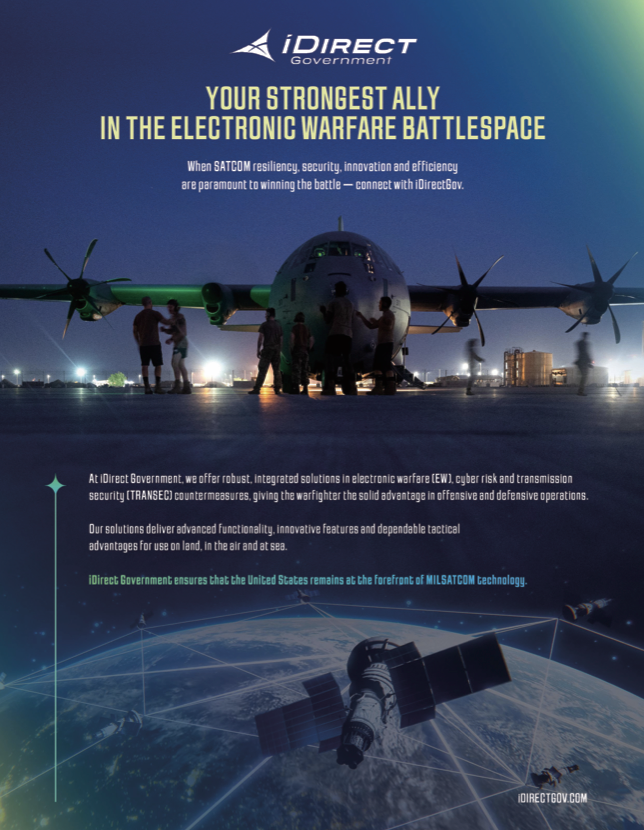The installation of Lt. Gen. Philip Garrant as Space Systems Command’s new commander in February included Col. Michelle Idle being named deputy commander for SSC. With the wisdom of a tenured professional and the unbridled enthusiasm that comes with a space career where the sky is actually not the limit, Idle brings a breath of fresh air and a creative mindset to her new command role.
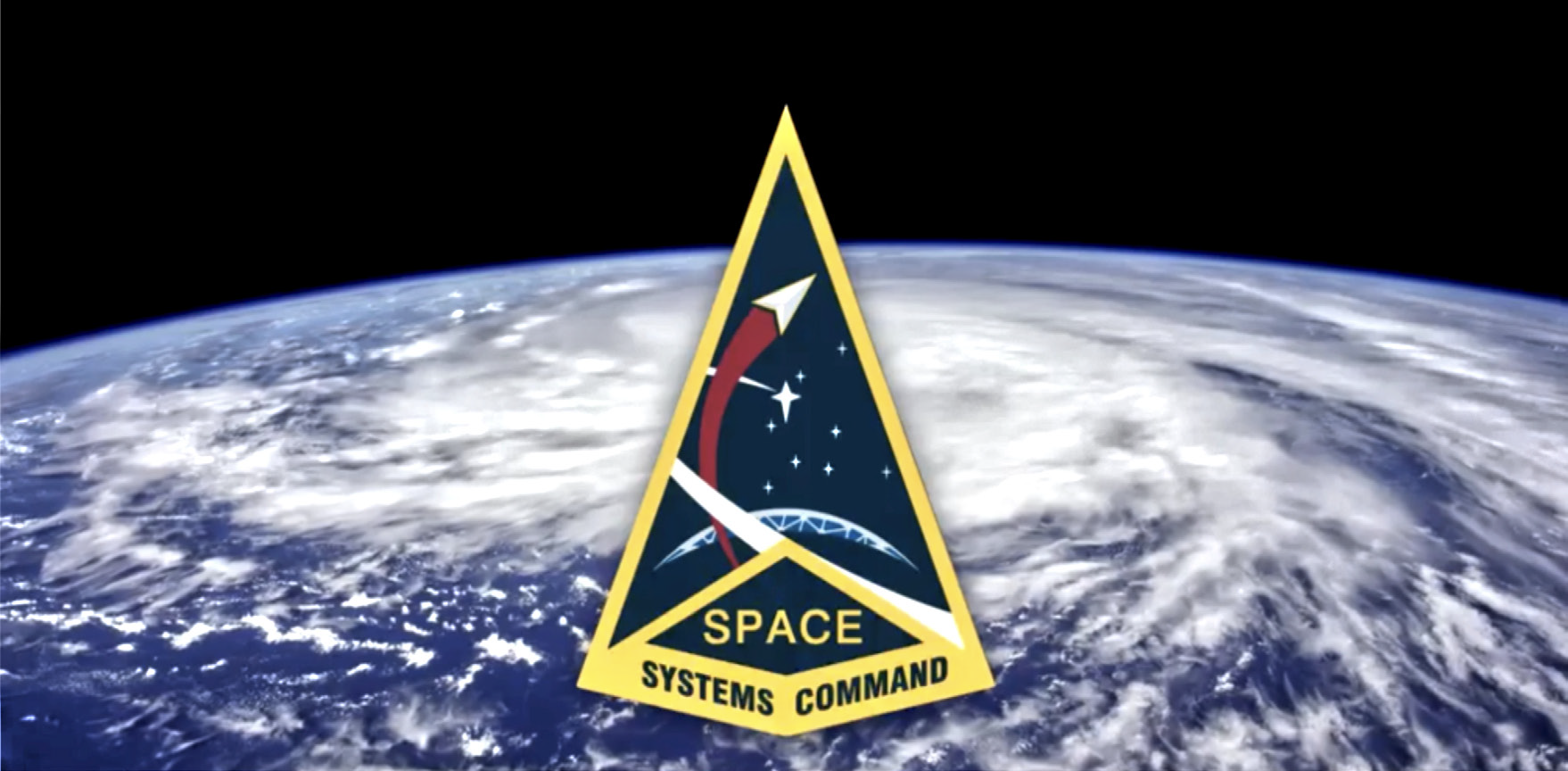
In December of this year, the U.S. Space Force (USSF) will celebrate its 5th birthday.
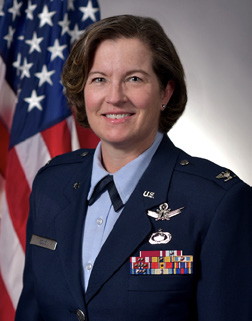
Col. Michelle Idle
Col. Michelle Idle
SSC will celebrate year three in August, so we’re still figuring out roles and responsibilities and making that pivot from a center to a fully functioning field command. The role of deputy commander — much like SSC and the Space Force — continues to evolve, to keep ahead of the threat in the Great Power Competition.
In the past, this job has been very acquisition focused. That’s not how it’s going to be anymore. SSC’s acquisitions PEOs don’t have to go through the field command to do their acquisition jobs. They report directly to Assistant Secretary of the Air Force for Space Acquisition and Integration, Frank Calvelli. So, our jobs, the roles of SSC’s commander and deputy commander, are to ‘organize, train and equip’ the PEOs and directors — and the workforce — to make certain they can execute their mission.
I am primarily focused on issues internal to the command: taking care of people, making sure everything is in place to execute the mission. I’m the primary interface with the Los Angeles Air Force Base installation commander and will handle any issues we have with infrastructure.
The new Space Force Personnel Management Act, which was recently passed in the 2024 NDAA, will incorporate part-time service members into the full-time force, and is something our country hasn’t done and is one of the things I’m most excited about in my new role.
I have a real passion for engaging our part-time force, looking at what skills our people have who have decided to go part-time and then to make sure that we’re leveraging those talents and expertise. That’s a huge soapbox for me — to make that work.
When you’ve worn a uniform for a while, it’s really hard to take it off. And there are people who have done that, and two or three years later said, ‘Nope, I need to go back.’ That patriotism and the other things that go with being a uniformed service member get ingrained in you.
As a reservist, Idle knows that firsthand. In fact, she is the first reservist, and quite possibly the first 0-6 (Colonel), to serve in a deputy commander or vice commander capacity.
Col. Michelle Idle
Our reservists all serve part-time for different reasons: it may be family, it may be a civilian job opportunity —– they get a chance to lead a start-up or manage a program on the contractor side. There are a lot of part time members with good ideas, and the fact that we are trying to do something different with the Space Force is really motivating.
There won’t be another chance to create a brand new military service like this for a while. We have a huge opportunity, right now, to take the skills and the knowledge that people have from their civilian and military expertise and create an effective, efficient new force.
Idle said she’s also excited to see all the new partnerships being created by SSC’s International Affairs Office as well as through the new Commercial Space Office (COMSO) under Col. Rich Kniseley.
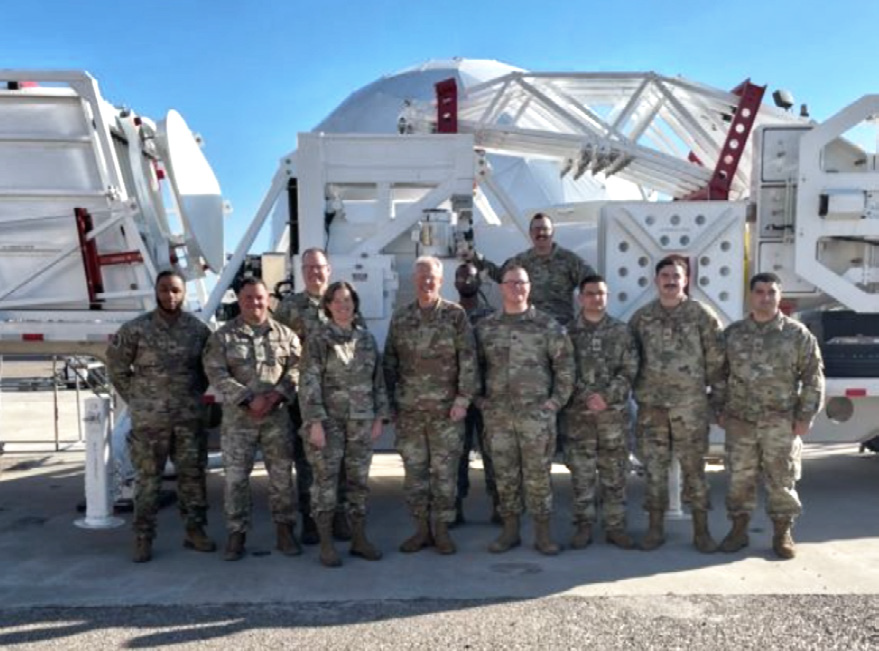
Space Systems Command’s Commander, Lt. Gen. Philip Garrant and
Deputy Commander, Col. Michelle Idle, at Kirtland Air Force
Base, NM, home of SSC Innovation & Prototyping and more.
Additionally, SSC’s Warfighting Integration Office (WIO) is sending members “on orders; deployed to support exercises that we’ve never had acquisition professionals in before,” Idle shared.
“The value from the way we’re operating is just immeasurable, and this is just the infancy.”
Col. Michelle Idle
Our collaborations with Space Force’s new Integrated Mission Deltas and operators are unprecedented from where we came from — it’s been exciting to see all the changes in how we do business, how we make acquisition decisions, and how we work with the joint force and our international allies.
Other challenges — synonymous with opportunities —include continuing to build the Space Force culture asa new field command. This includes new approaches as the leadership team and the workforce move past the Covid 19 lockdown, which changed so much of what people used to take for granted about work.
____________________________________________
“The value from the way we’re operating is just immeasurable, and this is just the infancy.”
On a macro scale, there’s also the challenges of how USSF’s three field commands — SSC, SpOC, and STARCOM — will work together most effectively.
Col. Michelle Idle
Force design across the entire Space Force is critical as we all pivot to focus on an era of Great Power Competition
How we will continue to remove silos and work together is something that I am incredibly passionate about and proud to be part of.
The changes coming from the Great Power Competition are driving an even greater need for us to work together. The development of Integrated Mission and System Deltas is also driving cooperation and enabling greater mission readiness.
When Idle was a high school student in Colorado, she was familiar with the U.S. Air Force Academy in Colorado Springs, Colorado, having visited the campus many times for football games and Olympic trials. Idle knew that if she became commissioned in the Air Force, she would get to travel internationally. The fact that the Academy had a ski team — Idle competed in ski racing in high school — was also a plus.
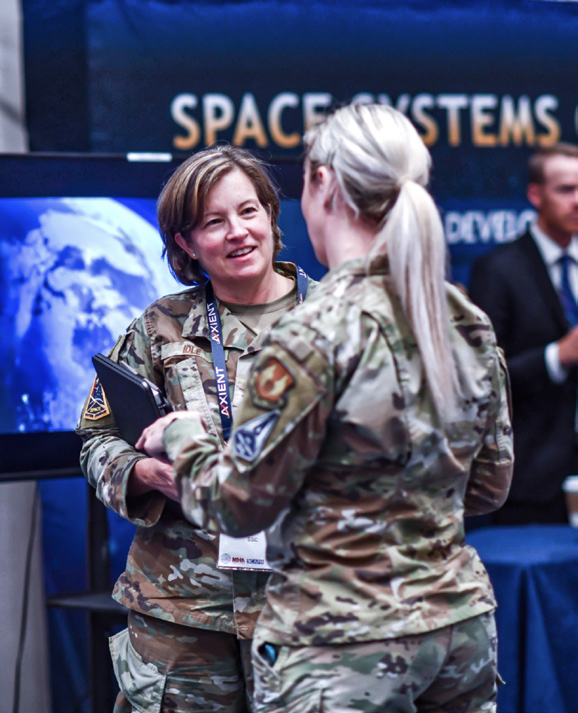
Col. Michelle Idle at 2023 Space Industry Day in
Los Angeles, California. Photo is courtesy of SSC
Public Affairs.
Idle was commissioned in 1993 from the U.S. Air Force Academy in Colorado Springs, Colorado, and spent eight years on active duty prior to transferring to the Air Force Reserve. She has held a variety of positions in research and development, program management, technical intelligence, space operations and academics.
She directed the United States Strategic Command’s Joint Reserve Intelligence Support Element, a unit of Navy, Air Force and Marine Reservists — developing intelligence products for the Joint Space Operations Center.
It was while serving as IMA to the Deputy Director of the National Reconnaissance Office in Chantilly, Virginia, that she started working for Gen. Michael Guetlein, now Vice Chief of Space Operations for the U.S. Space Force. In 2021, when Guetlein was named SSC’s first commander, Idle joined him in El Segundo, California, and became SSC’s Mobilization Assistant to the Commander.
Idle said she knew the Space Force would eventually stand up a different type of reserve force, which is what made the move to SSC so appealing.
Col. Michelle Idle
For that reason alone, I couldn’t say no. I was offered a senior leader opportunity to be a senior acquisition reservist on the Space Force side; building this new construct in addition to standing up a new command. You don’t say no to that! You don’t want to sit on the sidelines and watch other people build something when you’ve got ideas.
We have an opportunity to look at how we do things and to do something very different — it’s pretty awesome.
Contact Space Systems Command at SSC@spaceforce.mil and/or follow on LinkedIn.


